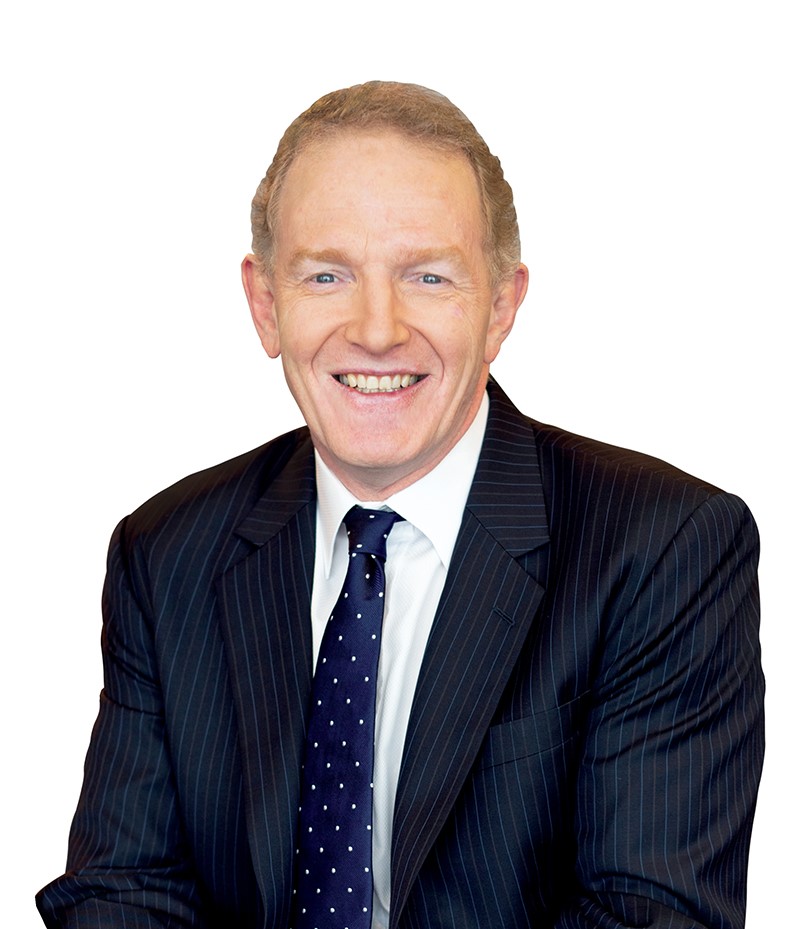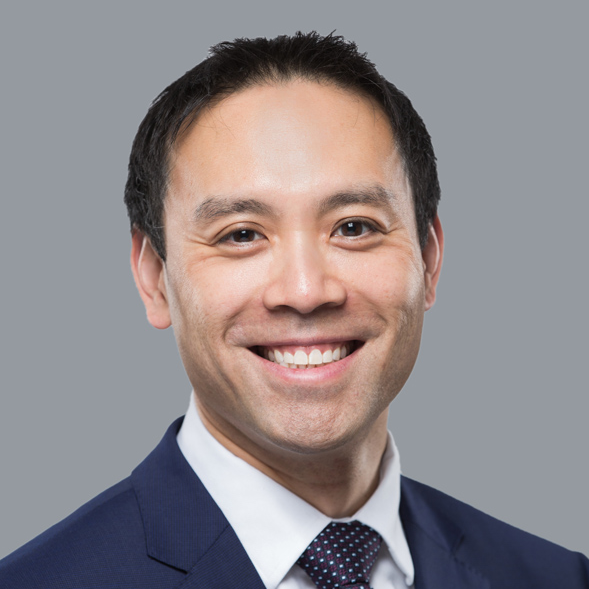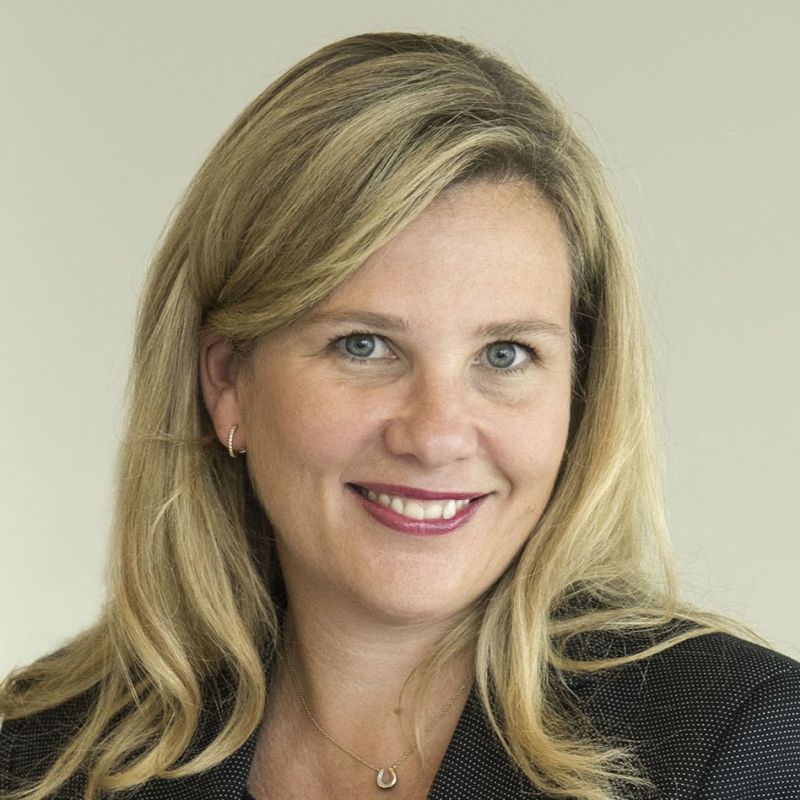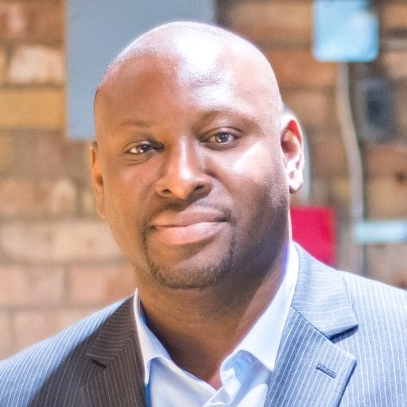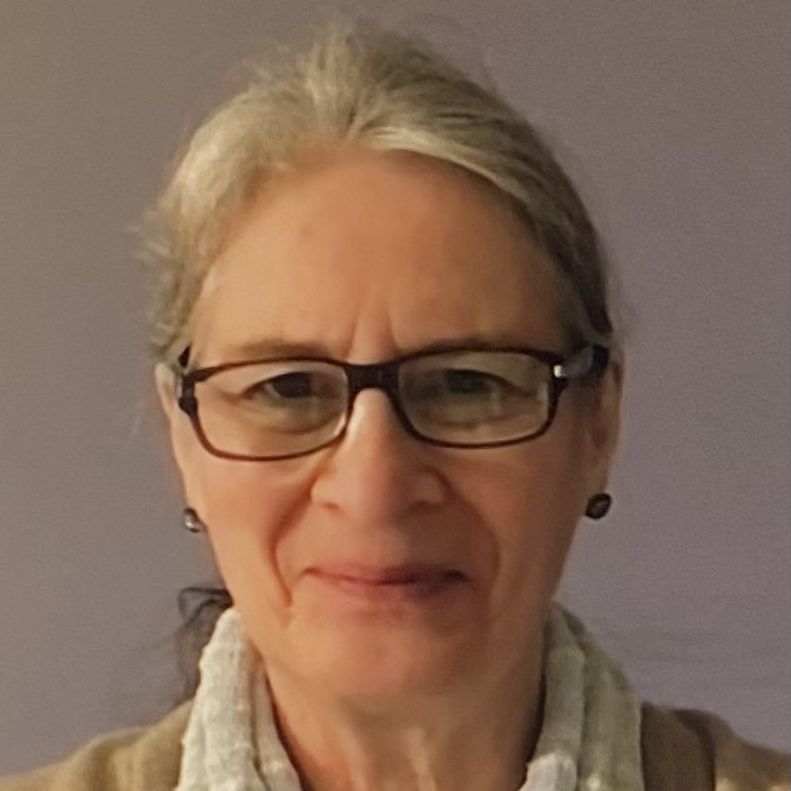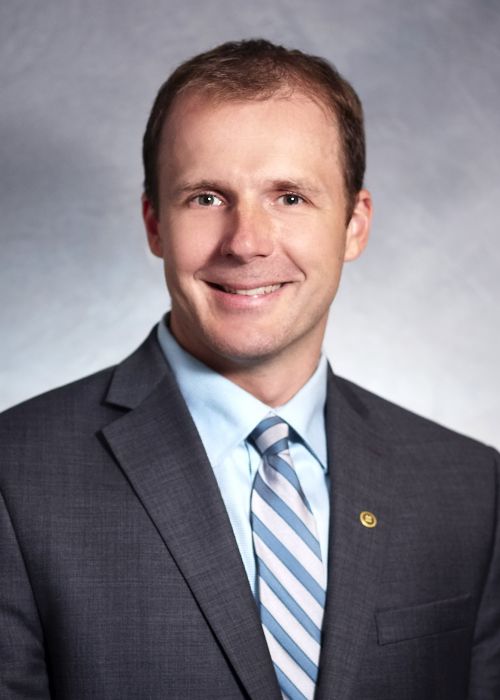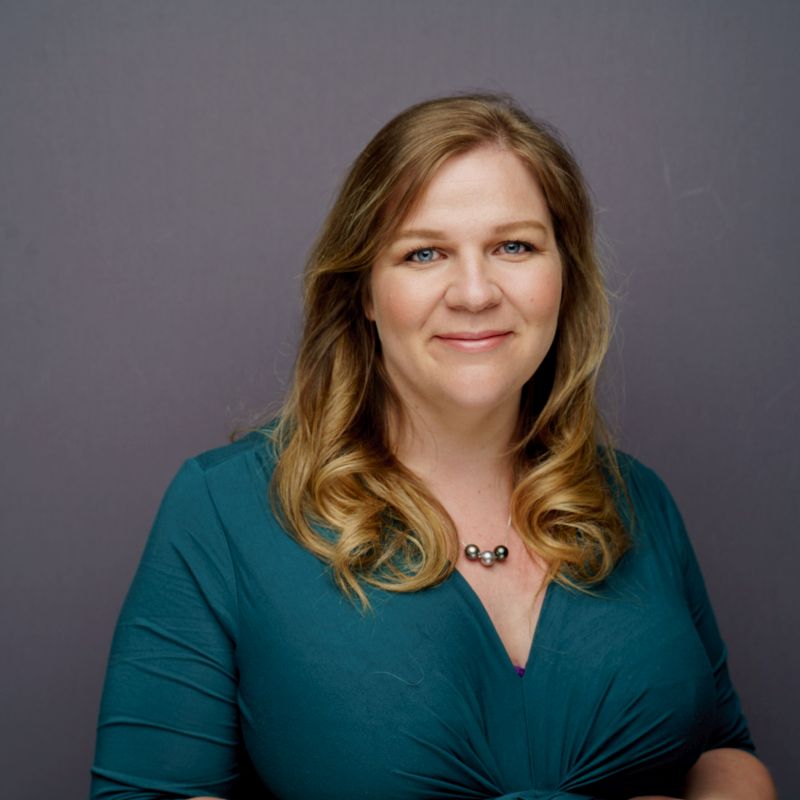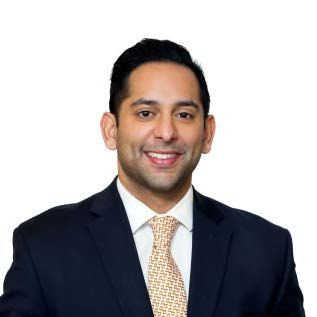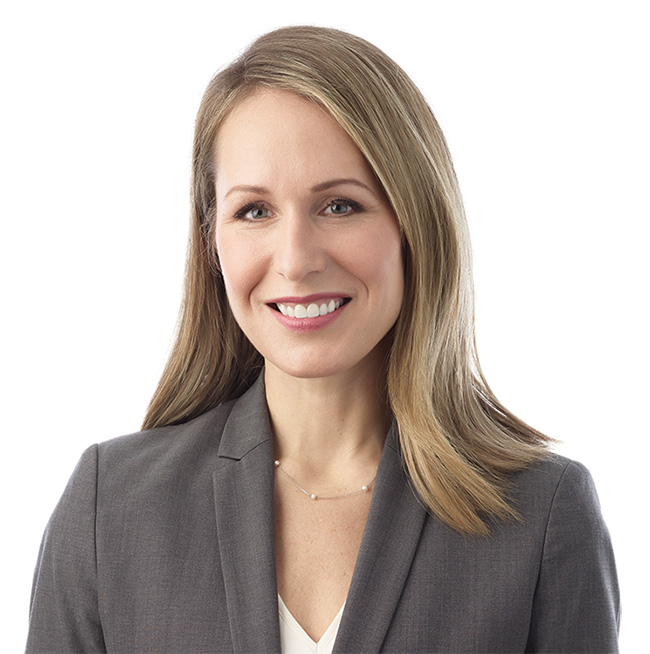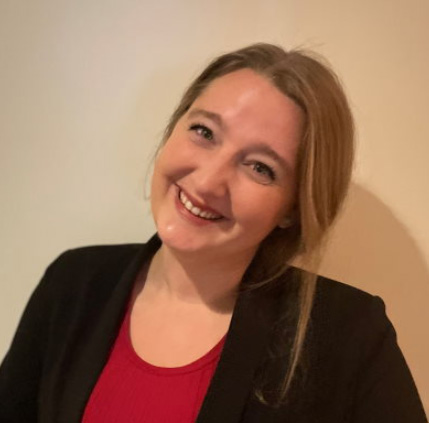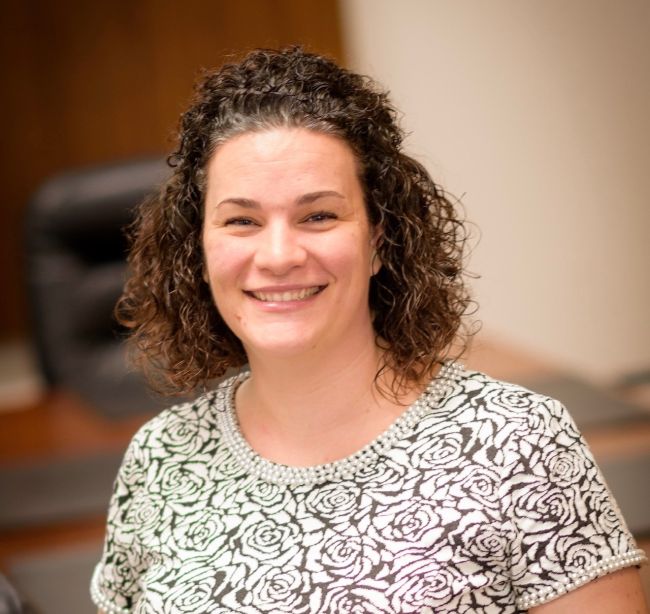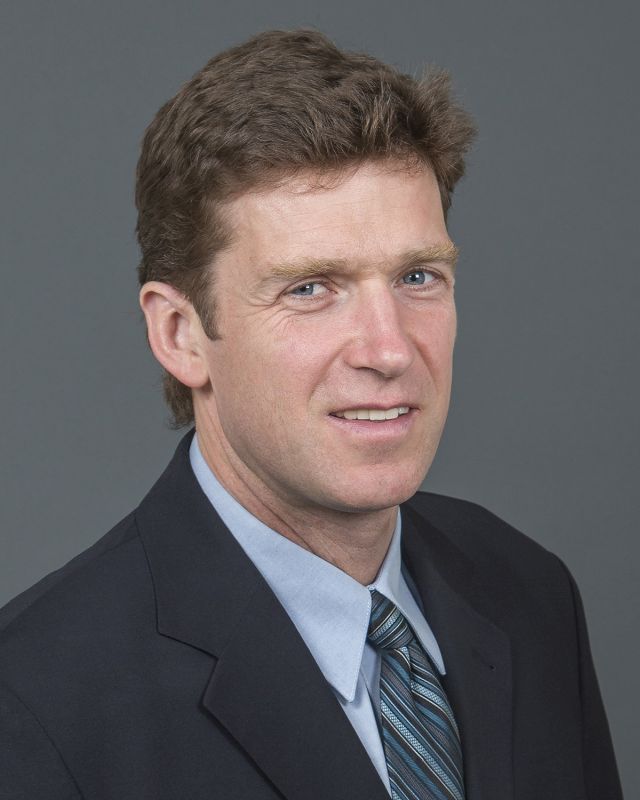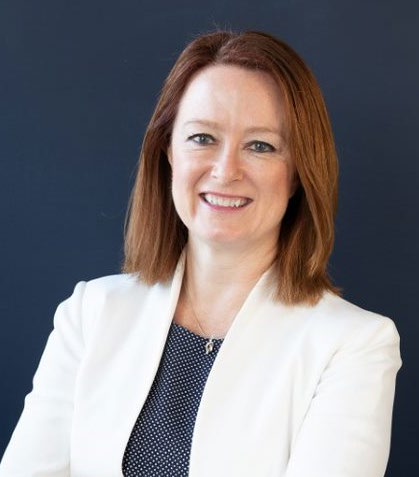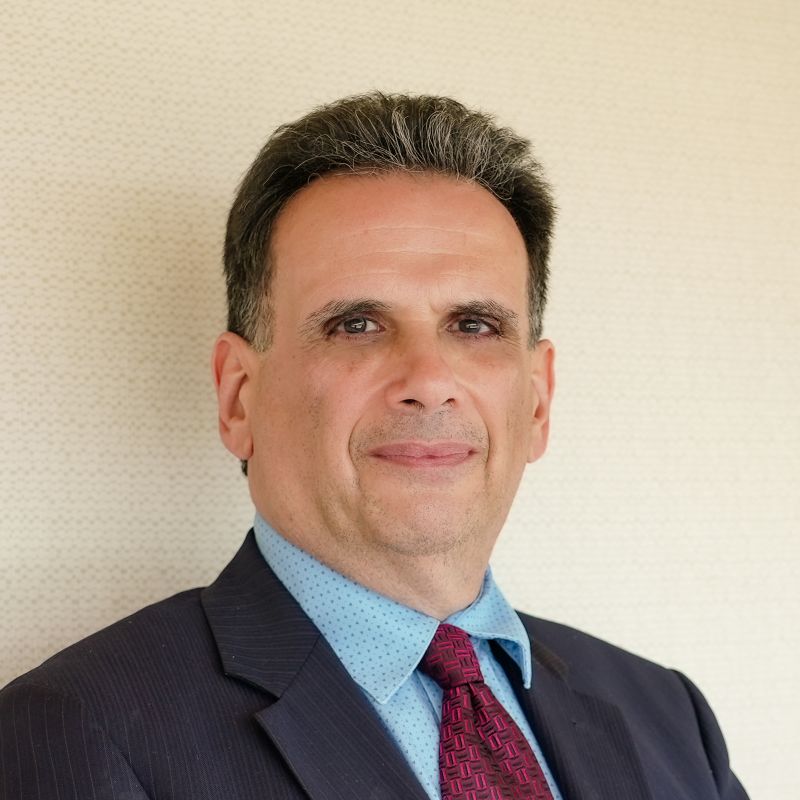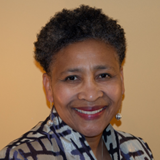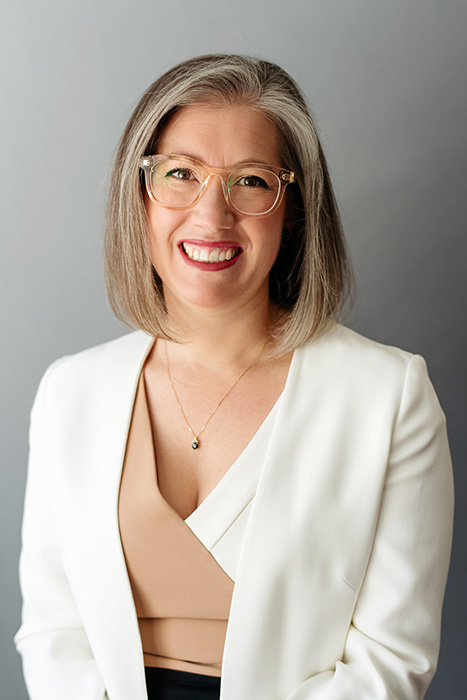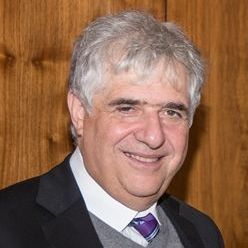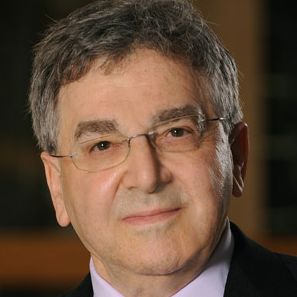Bargaining in the Broader Public Sector Conference
Conference Co-Chairs
Hotel X Toronto - Group Rates
Lancaster House has reserved a block of rooms at Hotel X for this conference event. The stay dates are between December 3rd to December 7th 2023.
Please call Hotel X at 1-647-943-9244, or contact via email at Stay@hotelxtoronto.com to check on the availability and group rates.
Conference Advisory Committee
Labour Arbitration and Policy Conference
Conference Co-Chairs
Conference Advisory Committee
Monday, December 4, 2023
Bargaining in the Broader Public Sector Conference
In this session, experts will examine the economic and fiscal forecast for Ontario and Canada in 2024, focusing on the implications for collective bargaining. Specifically, the panel will address:
- What short- and long-term economic and fiscal trends are experts predicting in 2024 in Ontario and in Canada? How does the outlook in Ontario compare to other provinces and the United States?
- How should parties address rising costs of living/inflation when negotiating wage increases? Beyond general wage increases, what wage adjustment mechanisms may be employed? Are longer-term wage adjustments such as periodic cost of living adjustments likely to gain traction?
- How does the current status of the Ontario labour market compare with the federal labour market? Were more jobs gained or lost in 2023? What is the outlook for 2024?
- How can parties tackle staffing and retention challenges during negotiations? Based on the labour market outlook, is there greater pressure to increase wages, or make other concessions, to attract and retain workers?
- Will the recent increases in the federal minimum wage and the Ontario minimum wage affect bargaining, especially negotiations pertaining to lower-wage workers?
- What measures are governments likely to prioritize in 2024 provincial and federal budgets to ensure economic growth and prosperity? How will these measures affect bargaining?
In this session, experts will examine recent cases and legislative developments with implications for collective bargaining. Panelists will address the latest decisions on government intervention in collective bargaining, cases illustrating key principles of collective agreement interpretation, noteworthy interest arbitration awards, and recent labour board rulings. Final selection of topics will take place in the weeks leading up to the conference, ensuring coverage of the latest and most newsworthy developments.
Bots at the Bargaining Table: What is The Future For Workers?
Artificial Intelligence has captured the headlines, triggering both optimism and anxiety in both workers and management. But how could the public sector be impacted by these trends in technology? This keynote address, delivered by Canada’s leading economic thinker on the future of work, will provide a whirlwind tour through the issues you will be dealing with on both sides of the bargaining table during your next round of negotiations.
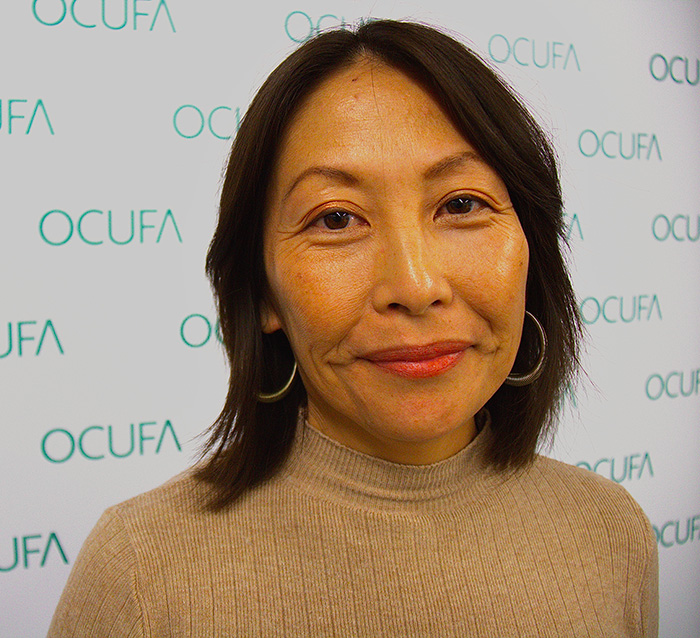
Kimiko Inouye
Director of Collective Bargaining at the Ontario Confederation of University Faculty Associations
In this session, panelists will highlight real-life collective agreement clauses recently negotiated to address current and pressing workplace issues. Topics covered in this panel will be finalized in the weeks prior to the conference, ensuring coverage of the latest collective agreement language and the most relevant workplace issues. However, topics currently under consideration include emerging changes to leave provisions; reconciliation in the workplace; privacy, monitoring and surveillance; emergency-related procedures (relating to climate change/pandemics); and work-life balance and remote work.

Shane Gonsalves
Managing Director, Government & Public Affairs
Ontario Public School Boards’ Association
Presenting messages effectively, accurately, and lawfully is critical to successful negotiations. In this session, panelists will discuss strategies for employers and unions seeking to manage communications before, during, and after collective bargaining. Specifically, the panel will address:
- What key information should be communicated to employees or members during bargaining? How should these communications be framed?
- What types of communications with employees are permissible under the Ontario Labour Relations Actduring bargaining and what types of practices may be in violation of the Act?
- How can employers and unions ensure that they get the information needed from each other and from employees in order to determine their bargaining positions?
- How can employers and unions communicate effectively with one another during bargaining? What are best practices in presenting proposals, responding to counterproposals, and bridging an impasse?
- What adjustments, if any, should bargaining teams make to prepare effectively for communicating proposals and negotiating in a virtual or hybrid environment?
- Has there been an increase in recent years in rejected tentative agreements? Are there communication practices that may help avoid this outcome?
- What limits exist, if any, on communications with the media during collective bargaining? How should employers and unions respond to unintentional information “leaks”?
- What are the advantages and disadvantages of social media during bargaining when organizing employees, assessing bargaining realities, and taking into account privacy and confidentiality concerns?
- How can parties manage misinformation in an increasingly digital world and evaluate the accuracy of information surrounding negotiations?
Tuesday, December 5, 2023
Labour Arbitration and Policy Conference
In this session, experts will highlight recent and noteworthy cases on significant workplace issues, such as privacy, off-duty conduct, discipline, and accommodation, as well as cases addressing procedural aspects of the arbitral process. Panelists will also discuss recent provincial and federal legislative amendments. Final selection of topics will take place in the weeks leading up to the conference, ensuring coverage of the latest and most important developments.
Arbitration procedures have evolved significantly in recent years. Parties and practitioners have raised concerns about judicialization, the timeliness of the process, difficulties in selecting arbitrators, and the ability to address abuse of process effectively. In this session, experts will address the following:
- What common bottlenecks do parties encounter in the arbitral process? What can be done to eliminate unnecessary delays?
- Does the growing legalism of arbitration undermine its unique advantages, or is it necessary to ensure procedural protections for parties?
- What options exist outside of the conventional arbitration process? In what circumstances should parties consider these alternatives?
- Can parties reduce arbitration timelines by using virtual or hybrid formats? Is there room to automate arbitration processes by using artificial intelligence?
- What can be done to ensure the availability of a sufficient pool of arbitrators?
- How are new arbitrators trained and selected? How can parties be encouraged to select newer and more diverse arbitrators?
Given the lack of Canadian arbitration decisions on the use of AI to select and manage employees, this session will provide employers and unions with the best available insight into how grievances against such uses of AI would be mounted, defended, and decided in Ontario. Experienced union and management counsel will join an arbitrator to discuss a union challenge to algorithmic management drawn from US caselaw and a challenge to a program designed to vet job candidates. Specific issues to be addressed include:
• What principles in existing arbitral jurisprudence or legislative provisions could be invoked to challenge an employer’s use of algorithmic management (i.e. use of AI and data to manage employees)?
• Can employers rely on management rights to justify the use of AI to evaluate employee performance and manage employees?
• What arguments for and against the use of algorithmic management would Ontario arbitrators find most compelling?
• What legal concerns are raised when an employer uses AI to assess candidates’ suitability for positions?
• What privacy concerns are raised by using AI to evaluate job applicants based on their internet activity?
This panel will explore evolving arbitral perspectives with respect to discrimination and harassment and examine systemic barriers in grievance and arbitration processes. Specifically, panelists will discuss:
- What do recent decisions suggest about how arbitral approaches are evolving with respect to discrimination and harassment claims? Are damage awards increasing? Is there a greater willingness to impose discipline?
- How does systemic discrimination influence decisions about how grievances are handled, including which should proceed to arbitration?
- How have arbitrators applied the Supreme Court of Canada’s decision in Northern Regional Health Authority v. Horrocks when determining whether they have jurisdiction to hear a discrimination or harassment grievance?
- What evidence must be presented at arbitration to establish discrimination and harassment claims? What are best practices when presenting this evidence? When is it necessary or appropriate to present expert evidence – for example, on unconscious or implicit biases?
- Should parties use non-disclosure agreements or clauses when settling discrimination- or harassment-related grievances? Is legislative prohibition of NDAs a likely prospect?
- What policy updates should employers and unions implement to address discrimination and harassment claims and ensure that such grievances are not improperly prevented from reaching arbitration?
Wednesday, December 6, 2023
*Workshop sold separately from conference.
Bargaining In The Broader Public Sector Conference: Workshop
This interactive session on interest arbitration will be conducted by an experienced arbitrator, together with seasoned union and management nominees. Participants will explore the state of the art in various aspects of interest arbitration, including research and preparation, case presentation, process issues, substantive law, and tactics and strategies.
Attendees can expect to learn principles and practices relating to:
- Selection of an arbitrator;
- Preparation for mediation meetings and arbitration hearings;
- Presentation of briefs and documents at arbitration;
- Alternative formats including conventional arbitration, med-arb, arb-med, and first contract arbitration;
- Criteria applied by arbitrators, including replication/comparability, demonstrated need, and total compensation;
- Process issues, including standard ground rules, package bargaining, admissibility of exchanges during negotiations, propriety of late demands, estoppel, arbitrability of proposed exclusions, impact of post-hearing settlements, and effect of pattern-setting awards;
- Substantive topics, such as wage determination, impact of inflation, staffing, contracting out, appropriate benefit levels, etc.;
- Effective remedies, including interim awards, retroactive decisions, referral to further negotiation, final orders.
The emphasis in the workshop will be on interactive learning, practical advice, and role-playing. At the same time, materials will be provided that reflect up-to-date arbitration caselaw.
CPD
- This program has been approved for 5.5 Continuing Professional Development hours under Section A3 of the Recertification Log of the Human Resource Professionals Association.
- Members of the Law Society of Ontario may consider counting this program for 5.5 substantive hours; 0 professionalism hours.
- This program has been approved for 5 Continuing Professional Development hours under Section A3 of the Recertification Log of the Human Resource Professionals Association.
- Members of the Law Society of Ontario may consider counting this program for 5 substantive hours; 0 professionalism hours.
- The Post-Conference Workshops have been approved for 5.5 Continuing Professional Development hours under Section A3 of the Recertification Log of the Human Resource Professionals Association, each.
- Members of the Law Society of Ontario may consider counting The Post-Conference Workshops for 5.5 substantive hours; 0 professionalism hours, each.



